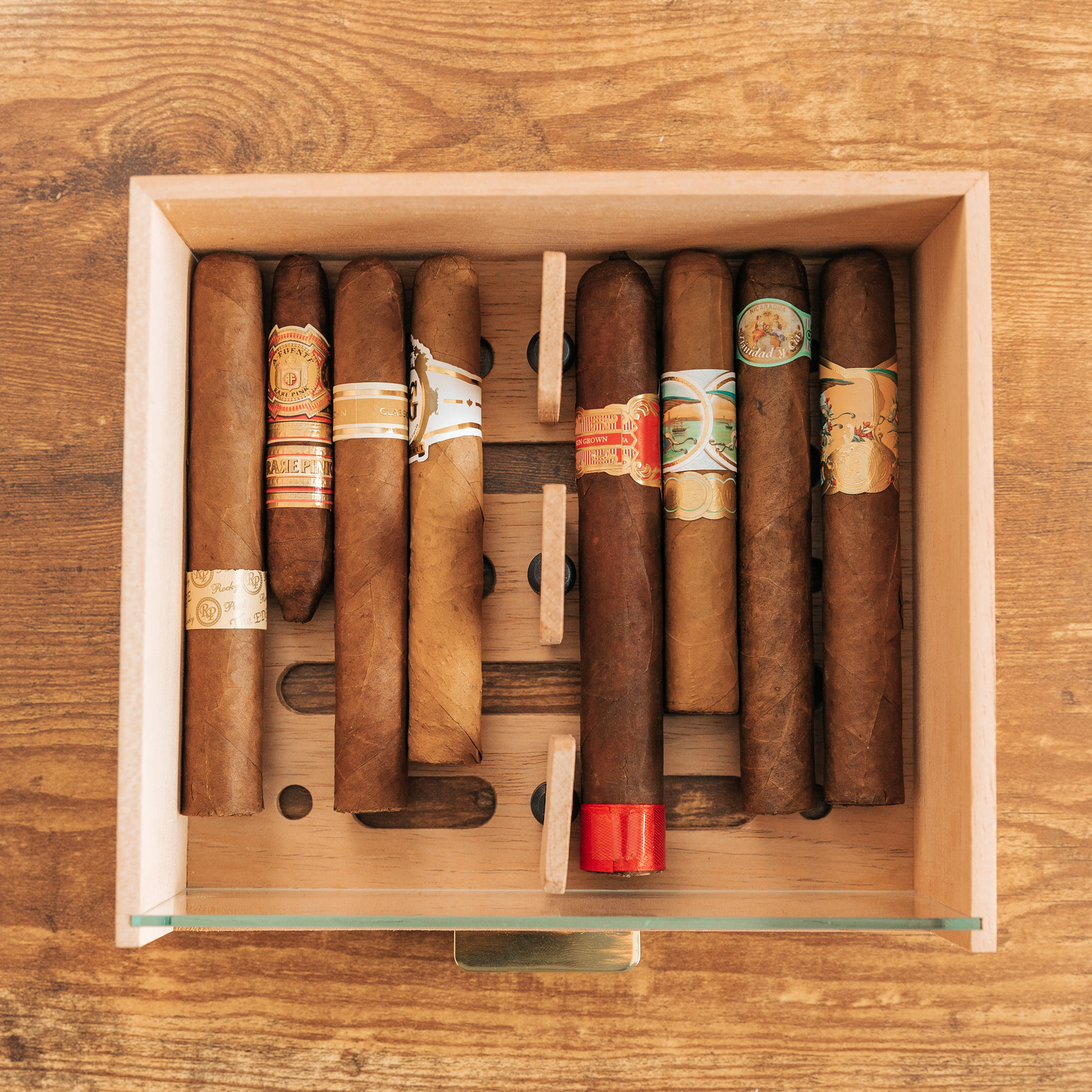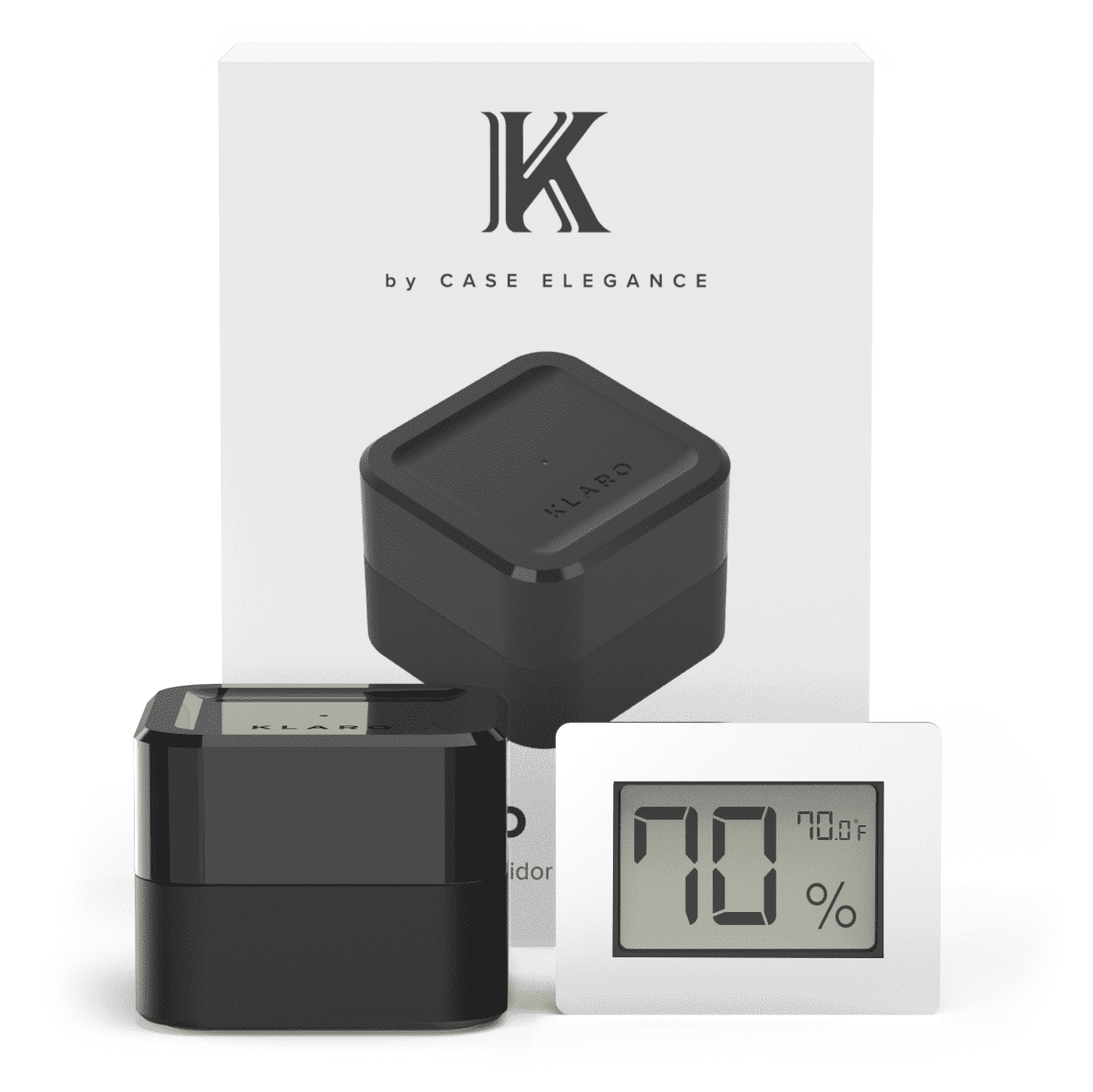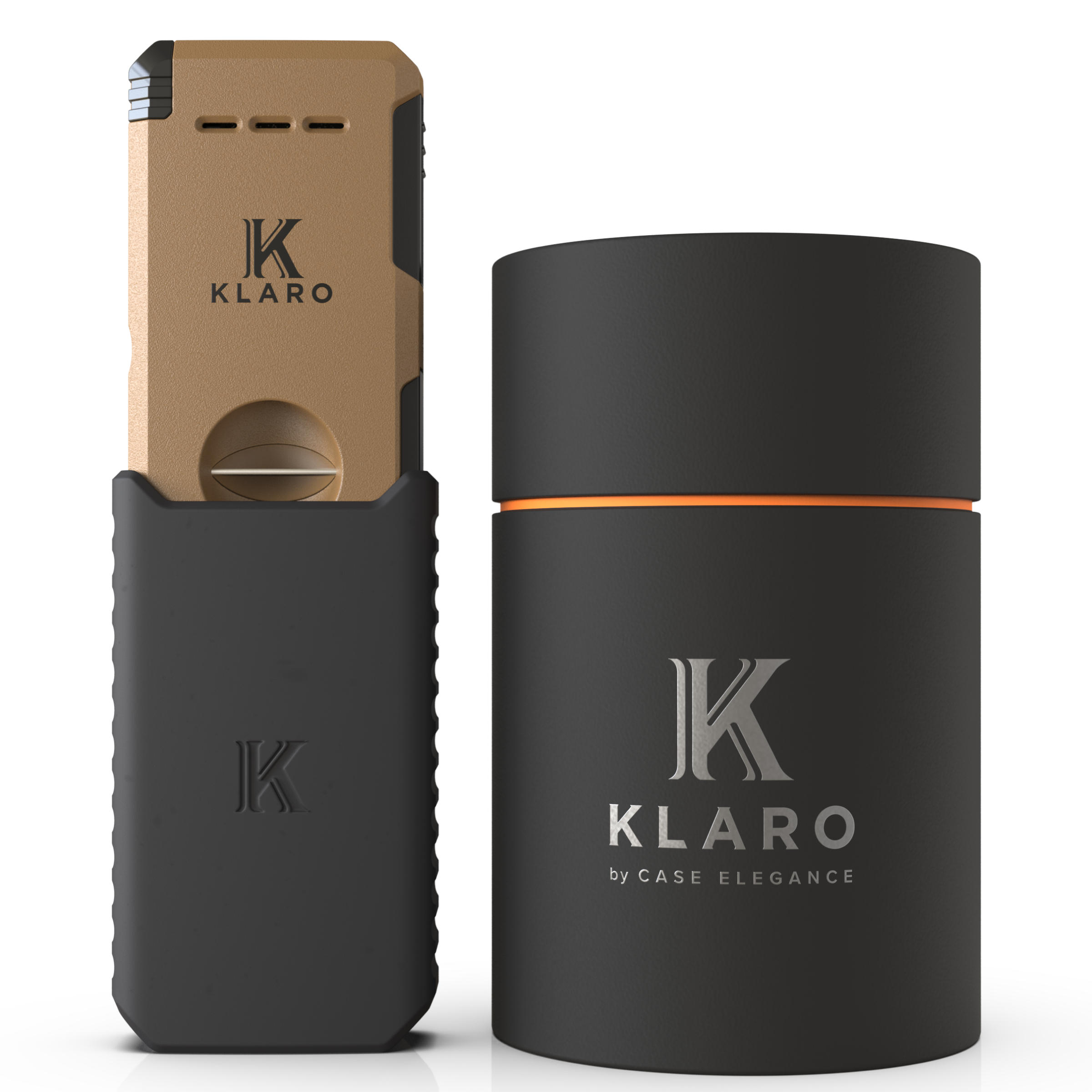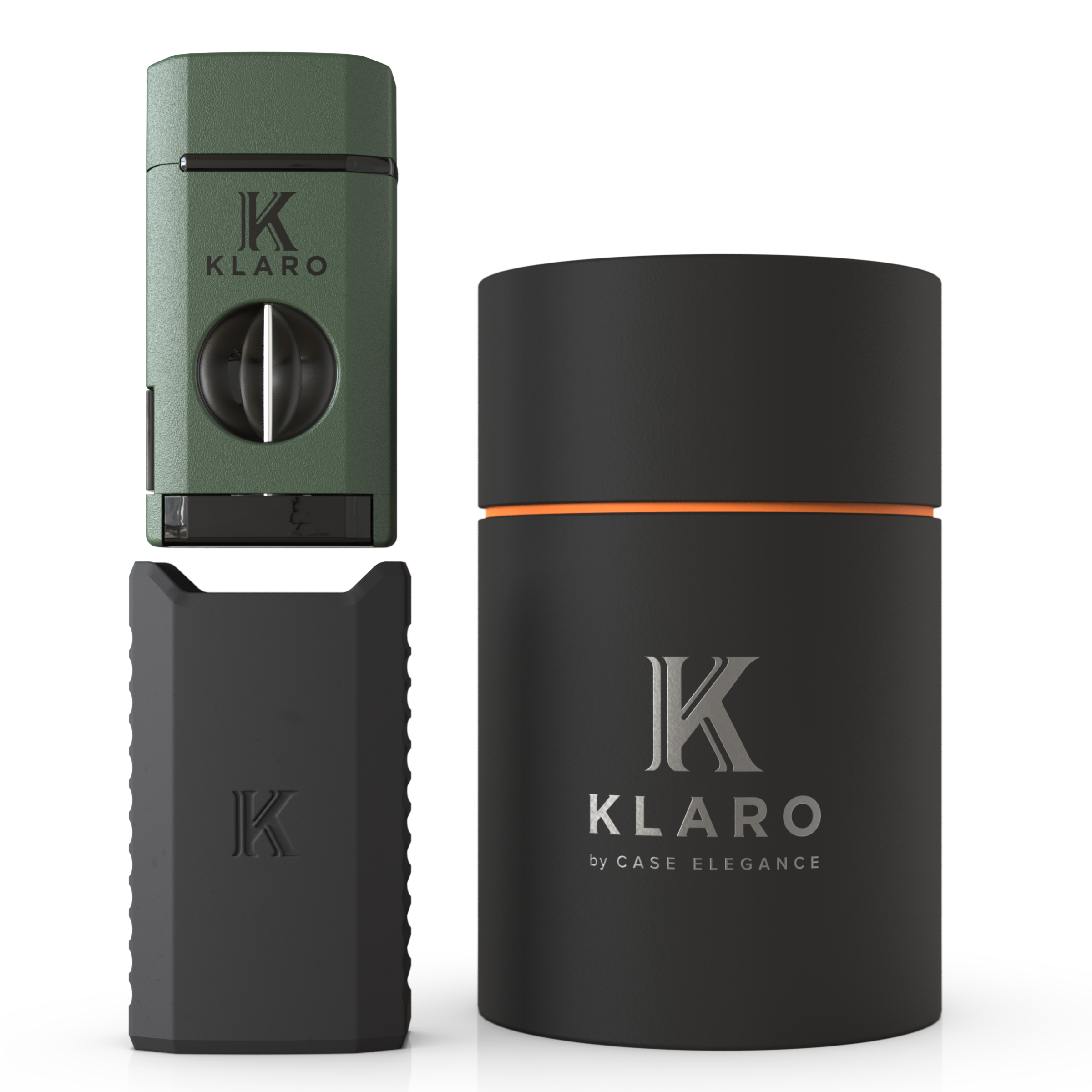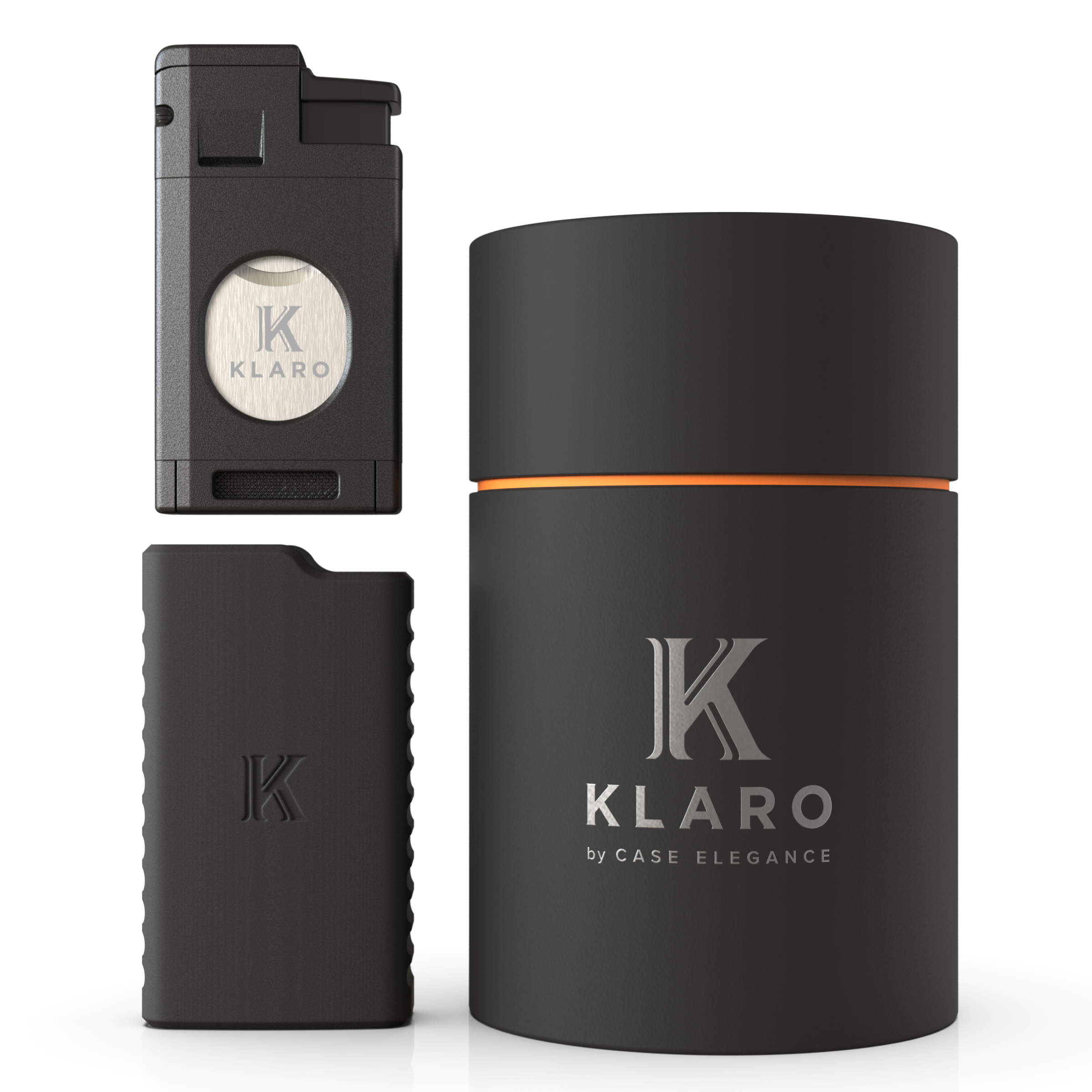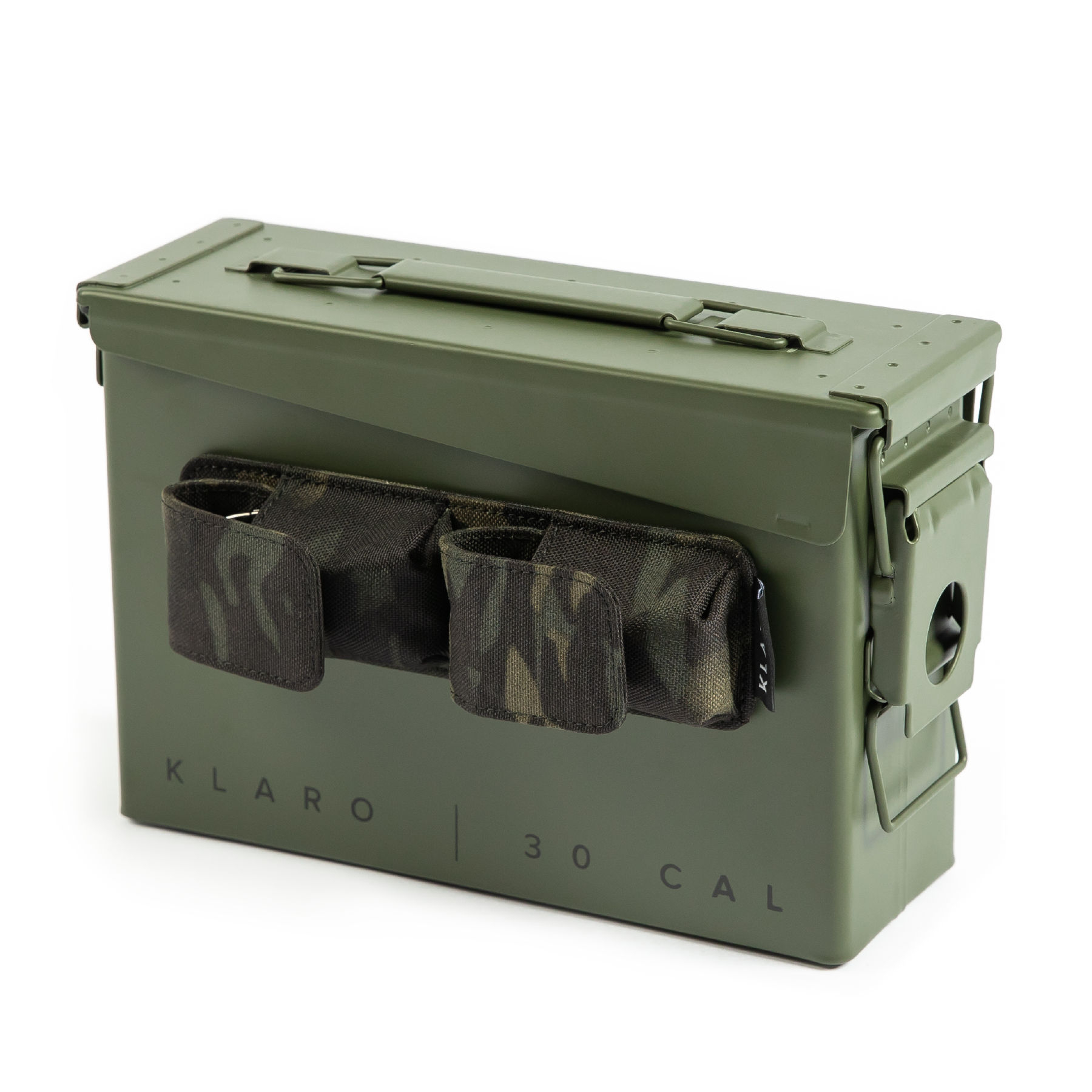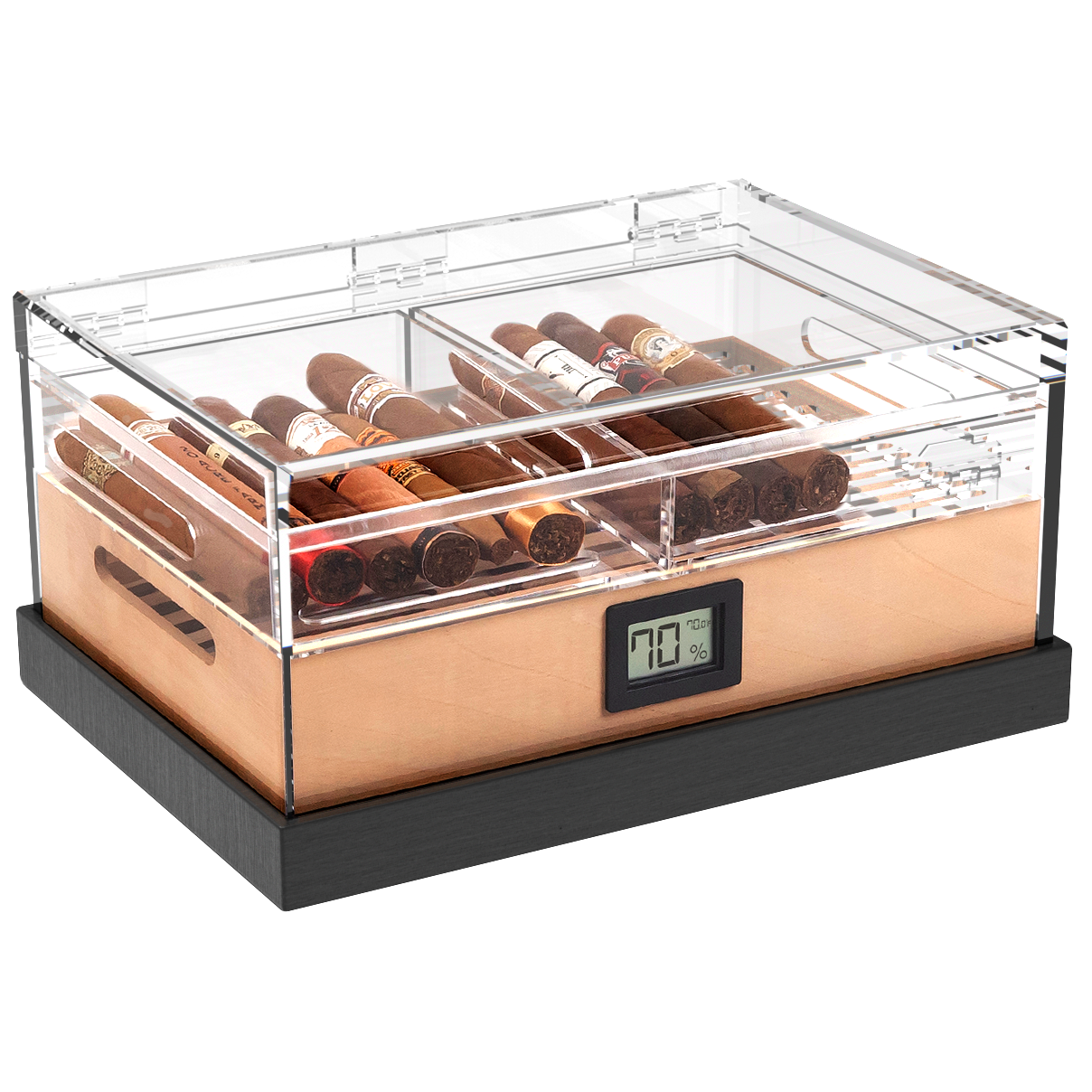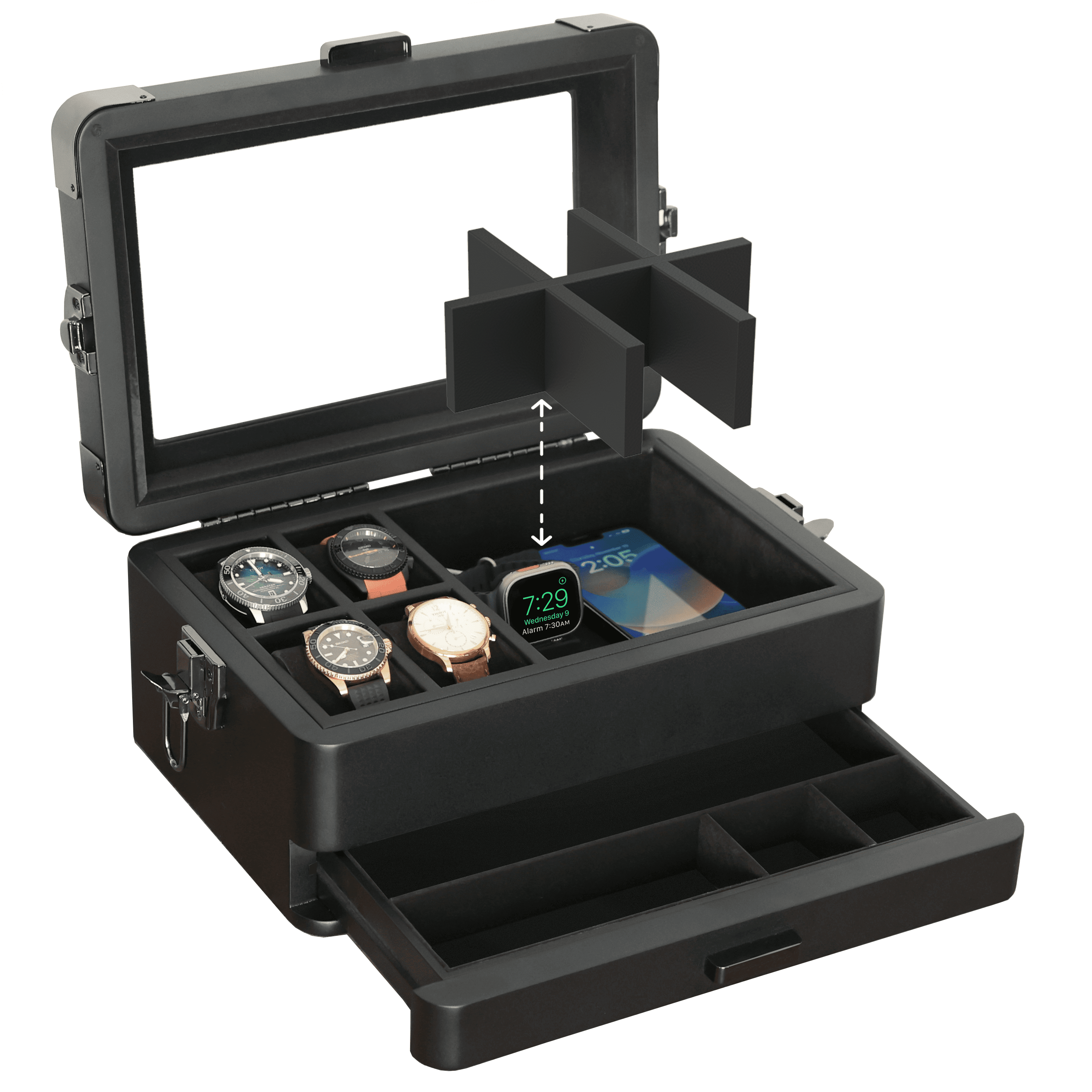For us as cigar enthusiasts, ensuring the optimal preservation of their prized collection is of utmost importance. Enter the humidor box—a key component in maintaining the perfect conditions for cigars. In this article, we will delve into the lifespan of cigars within a humidor box and provide valuable insights on storage, rotation, and recognizing signs of deterioration, all while maintaining a friendly and informative tone.
Do Cigars Go Bad If Not in a Humidor?
Cigars, like any organic product, have a limited shelf life. Without proper storage, cigars can quickly deteriorate and lose their desired qualities. When exposed to fluctuating temperatures and humidity levels, cigars are at risk of drying out, leading to flavor loss and an unpleasant smoking experience. The absence of a humidor box can be detrimental to their longevity. Therefore, to ensure the optimal condition and preservation of your cigars, investing in a humidor box is highly recommended.
Can You Leave Cigars in the Box in a Humidor?
Absolutely! You can store your cigars within their original box in a humidor. However, it is essential to note that the box should ideally be made of Spanish cedar. This type of wood not only imparts a pleasant aroma to the cigars but also helps regulate humidity levels, acting as a humidity buffer that retains excess moisture and then releases it during dry spells. The cedar lining assists in preventing mold growth and maintaining the overall freshness of the cigars.
By utilizing the original box within the humidor, you can easily organize and store your cigars while maintaining the ideal environment for their preservation.
How Long Can You Keep Cigars Outside the Cigar Box?
While it is possible to store cigars outside of their original box, it is not advisable for long-term preservation. Without the controlled humidity provided by a humidor box, cigars can dry out quickly, resulting in a loss of flavor and quality. The exact time frame for how long cigars can be kept outside the cigar box varies depending on environmental conditions, but it is generally a matter of days or weeks.
To ensure the cigars maintain their desired flavors and aromas, we recommend you transfer them to a humidor box as soon as possible.
How Long Can You Keep a Cigar in a Humidor?
With proper care and maintenance, cigars stored in a well-maintained humidor box can last for a significant period. Premium cigars, in particular, are known to improve with age when stored in the optimal conditions provided by a humidor.
The length of time you can keep a cigar in a humidor depends on various factors, including the quality of the humidor, the condition of the cigars before storage, and personal preferences. Generally, a well-maintained humidor provides a suitable environment for long-term cigar storage. Here are some factors to consider regarding the longevity of cigars in a humidor:
- Quality of the humidor.
- Cigar condition
- Humidor maintenance
- Preferred aging and flavor profiles
Depending on the type and quality of the cigar, you can store them for several months to even years. It's important to note that cigars undergo changes during this aging process, developing deeper and more complex flavors over time.
It's worth noting that not all cigars benefit from long-term aging, and some may reach their peak flavor profile within a shorter time frame. It's recommended to periodically sample cigars from your humidor to gauge their flavor development and determine the optimal aging period for your specific cigars.
Remember that cigars are perishable products, and even when stored in a humidor, they will continue to age and evolve. It's important to monitor the condition of your cigars regularly and enjoy them at their peak flavor to fully appreciate the craftsmanship and complexity they offer.
How Often Do You Rotate Cigars in a Humidor?

Rotating cigars in a humidor is a recommended practice to ensure that all cigars receive equal exposure to humidity and age uniformly.
Consistent Aging: By rotating your cigars, you prevent any one cigar from being consistently exposed to a particular area of the humidor. This allows for more even aging and development of flavors across all your cigars. Uneven exposure to humidity and temperature can result in inconsistent aging, potentially leading to variations in flavor and burn characteristics.
- Preventing moisture imbalances
- Avoiding mold and pest issues
- Temperature and humidity regulation
To ensure the even aging of your cigars and prevent any potential moisture-related issues, it is recommended to rotate them within the humidor periodically. This rotation allows for consistent distribution of humidity and promotes balanced flavor development. Ideally, rotate your cigars every two to three weeks. By doing so, you provide each cigar with an equal opportunity to experience the optimal conditions inside the humidor, resulting in a more uniform and enjoyable smoking experience.
When rotating your cigars, it's recommended to do so every few weeks or whenever you perform routine maintenance tasks, such as refilling the humidification device or checking the overall condition of the cigars. However, it's essential to handle cigars with care to avoid damaging the wrapper or disturbing the aging process. Always be gentle and consider using a cigar tray or other suitable tools for easy rotation.
By rotating your cigars in a humidor, you ensure more consistent aging, prevent moisture imbalances, mitigate the risk of mold and pests, and help maintain optimal temperature and humidity conditions. These practices contribute to a better overall cigar experience, preserving the quality and flavors of your prized cigars.
What Happens to Cigars That Aren't Kept at the Right Humidity?
Cigars that are not stored at the correct humidity levels can face several issues. If exposed to excessive humidity, cigars can become moldy, characterized by fuzzy patches on the wrapper and an unpleasant musty smell. On the other hand, low humidity can cause cigars to dry out, leading to a harsh and bitter taste when smoked. It is crucial to maintain the ideal humidity range (around 65-70%) to ensure the cigars remain in their prime condition.
How Do You Tell If a Cigar Has Gone Bad?

To determine if a cigar has deteriorated, rely on your senses. Inspect the wrapper for any visible signs of mold, discoloration, or cracks. Use your nose to smell for mustiness. If the cigar emits an unpleasant or flat odor, or if the flavors are muted or harsh, it's likely the cigar has gone bad. You can also rely on cold draws from the cigar, tasing for a metallic taste, which is indicative of bad aging.
Also, have you ever heard of the pinch test? Gently squeeze the cigar to ensure it has an appropriate firmness. If the cigar feels excessively soft or spongy, it may indicate over-humidification. Conversely, significant cracking sounds and a brittle texture will indicate the cigar has dried out. While you can sometimes resuscitate dried-out cigars, any damage to the wrapper itself is difficult if not impossible to correct.
What Does a Moldy Cigar Look Like?
Identifying a moldy cigar is crucial to prevent further contamination. Mold on cigars appears as fuzzy patches on the wrapper or foot, exhibiting white, green, or blue discoloration. If you come across a mold-infested cigar, remove it from the humidor immediately to prevent the spread of mold to other cigars. It's also essential to clean the affected area of the humidor box to ensure the cigars remain in a healthy environment.
Parting Puffs

A well-maintained humidor box is a cigar enthusiast's best friend when it comes to preserving the quality and longevity of cigars. By providing a controlled environment of stable humidity and temperature, a humidor box allows cigars to age gracefully, unlocking their full taste potential.
Investing in a high-quality humidor box, properly storing and rotating your cigars, and being attentive to signs of deterioration will ensure a delightful smoking experience for years to come. So, embrace the art of preservation and savor the flavors and aromas of your carefully curated cigar collection. To learn more about humidors, be sure to check out our comprehensive guide to humidors, where we help you navigate the various humidor types, the maintenance required, and more.
